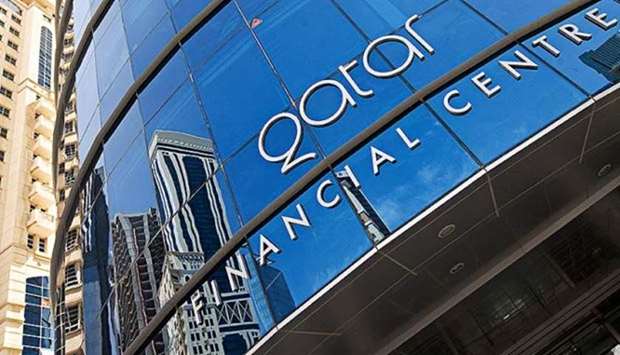The increased foreign ownership limits (FOL) on the Qatar Stock Exchange (QSE) listed companies has led to increased foreign funds inflows into Shariah-compliant equities, which in turn has helped foster better growth prospect in Islamic asset management, according to the Qatar Financial Center (QFC).
An incentive that has boosted the Islamic asset management sector in Qatar is the increase in the FOL on listed companies to 49% from 25%, said a report of the QFC, prepared in association with Refinitiv.
"This has attracted significant foreign investment flows that helped boost the main QSE index by more than 20% last year, encouraging greater foreign investment in Shariah-compliant stocks, particularly financial and energy companies," the report said.
The increase has been enacted as part of Qatar’s commitment to increasing foreign ownership limits upon its upgrade to emerging market status on the MSCI global Emerging Market Index in 2014.
Qatar received a similar upgrade by the FTSE Russell Global Equity Index Series, over two equal tranches in 2016 and 2017, further enhancing the stock market’s depth and liquidity and expanding its international investor base.
In addition, the move by the Qatar Financial Markets Authority (QFMA) to enforce a 1:10 stock split of listed companies’ shares in June 2019, where the nominal value of a share became QR1 instead of the previous QR10, has increased the number of shares in the market tenfold and has attracted more international investment interest.
The Islamic asset management sector in Qatar doubled over the past five years in terms of assets under management (AuM), which reached $399mn in the first half (H1) of 2019; more than half of total AuM. This shows how successfully the Islamic finance industry has already captured opportunities in Qatar’s fund and wealth management sectors.
The report also said the Qatari market saw continued sukuk activity during H1 2019. However sukuk accounted for only 14% of total debt issuance mostly from government issuances. This lower share of sukuk resulted from the sale of a $12bn jumbo conventional government bond. "This heavily oversubscribed issue demonstrated Qatar’s attractiveness to international investors," it said.
The first quarter of 2019 saw the return of corporate sukuk issuances from Qatar Islamic Bank and QIIB, compared to none in 2018, which was in line with low overall corporate bond issuances, with just 16 by two corporates last year.
This echoed the downward price pressures the Qatari fixed income market witnessed in 2018, partially a result of the US Federal Reserve raising its interest rates four times across the course of the year.
"So far, 2019 has presented a ripe environment for fixed income issuance, with the US abandoning further rate hikes and following Qatar’s improved issuer rating since H2 2018 by the big three rating agencies Fitch, Moody’s and Standard & Poor’s," the report said.
Qatar’s long-term issuer rating was raised from ‘negative’ to ‘stable’ because of its evident ability to withstand financial and economic pressures, while pursuing prudent macroeconomic policies.


